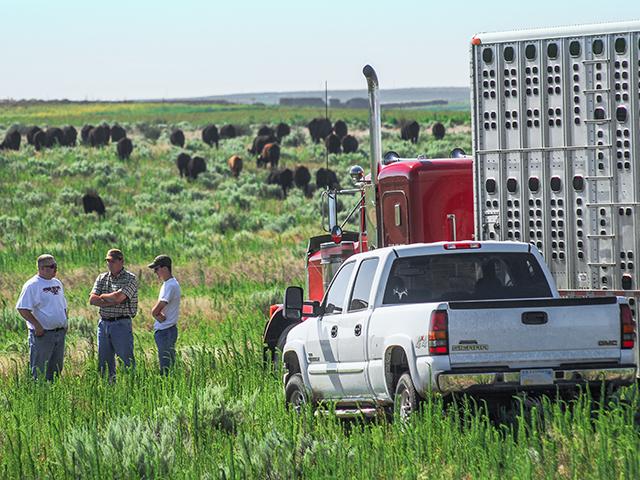Family Business Matters
When Family Businesses Become Dangerous
Family farms and ranches can be great places to work. The opportunity to labor side by side with those you love outdoors producing the food, feed and fuel in support of a global population is both meaningful and noble. You are the honored recipient and a critical steward of a legacy that often stretches over generations. For many, it is the best job in the world.
However, the family perspective brings certain tendencies that can threaten the future of the business, imperiling both the important work and your long-term legacy. Family values like equality, inclusion and generational authority are mixed with a history of relationships, birth order, learned patterns of interaction and assumptions. The result is often a business culture that can threaten the effective functioning of the enterprise. Consider the following examples:
-- Family members are guaranteed a job. Many parents want their adult children to return to the business. The feeling is so strong, in fact, that parents will "make room" at the business whenever their children want to come home.
They will say this without assessing the need for additional staff. They will say it without knowing if the business can afford it. They will say it without requiring an educational or experiential threshold. They will say it without regard for the feelings of other family members who have been working there for years. In short, they will bring a family member back into the organization without considering the impact on others or on the business.
P[L1] D[0x0] M[300x250] OOP[F] ADUNIT[] T[]
-- Family members cannot be fired. When speaking to groups of family business, I often ask the audience whether a family member in their business can be fired. The snickering says it all: It is difficult, maybe impossible, to fire a family member.
The reason is the intertwining of family and business perspectives. Letting a child or sibling go from the business also feels like you are letting them go -- cutting them off -- from the family. But, if the family member should be fired and isn't, the result can range from mediocre business performance and morale to a toxic, even abusive, work environment. Not firing a family member who deserves to be let go also makes it harder to recruit good employees to your business.
-- Family members are not paid market wages. There are a number of mistakes family businesses make around compensation. One is a tendency to pay people what they need rather than what they are worth. Another is to pay only what the business can afford. Sometimes, if the family has significant wealth, members make the mistake of paying well above the market, creating a dependency that will make it hard to survive lean times. Another mistake is to pay all siblings equally regardless of their contribution to the business. Without a market-oriented compensation philosophy, the business will eventually suffer.
-- Family members do not get feedback. In most nonfamily businesses, there is a time, often annually, when team members are evaluated on their performance. The person receiving the evaluation has some idea of where they stand, what they are doing well and what they need to do better.
Unfortunately, in a family business, many family members must assume "no news is good news," resulting in the buildup of frustrations around performance. Eventually, relationships blow up because there was little to no conversation about missed expectations over time.
I often say that to be a great family business, don't act like one. By adopting some practices that are common to nonfamily, larger or publicly traded businesses, you help ensure the future viability of your own family enterprise. You get to keep experiencing all the benefits of working in agriculture with those you love.
**
-- Write Lance Woodbury at Family Business Matters, 2204 Lakeshore Dr., Suite 415, Birmingham, AL 35209, or email lance.woodbury@pinionglobal.com
(c) Copyright 2023 DTN, LLC. All rights reserved.




